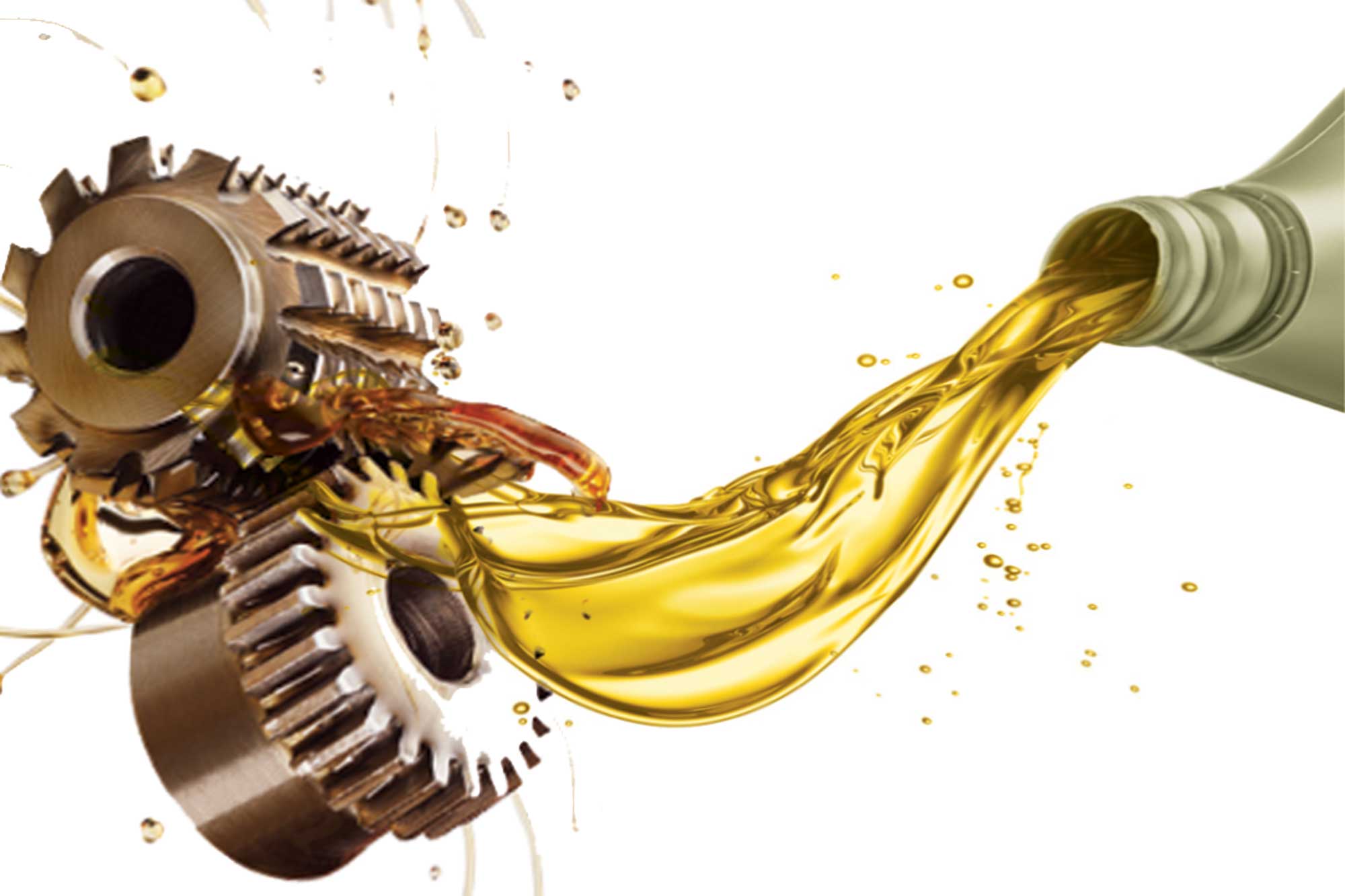
Construction equipment relies heavily on the efficiency and durability of its internal components, especially gears that transmit power and motion. One of the key elements ensuring these gears operate smoothly is the quality and characteristics of the Gear Oils used. Among these characteristics, viscosity plays a crucial role in determining the performance and protection gear oils provide under the challenging conditions of construction sites. This article dives into the importance of understanding gear oil viscosity and overall performance to optimize construction equipment operation and longevity.
What Is Viscosity in Gear Oils?
Viscosity refers to the thickness or resistance to flow of a fluid. In the context of gear oils, viscosity measures how easily the oil flows at specific temperatures, influencing its ability to lubricate effectively. Gear oils with higher viscosity are thicker, providing a stronger lubricating film but potentially increasing resistance and energy consumption. Conversely, lower viscosity oils flow more freely but may offer less protection under heavy loads.
Viscosity is often measured at two key temperatures: low temperature (to assess cold start performance) and high temperature (to evaluate film strength under operating conditions). These measurements are typically expressed using SAE (Society of Automotive Engineers) grades, such as SAE 80W-90 or SAE 75W-140, where “W” stands for winter or cold temperature performance.
Why Viscosity Matters in Construction Gear Oils
Construction equipment gears operate under extreme pressure, heavy loads, and variable temperatures. The right viscosity ensures that the gear oil maintains a lubricating film strong enough to separate metal surfaces, preventing wear and overheating. If the oil is too thin (low viscosity), it may not form an adequate protective layer, leading to metal-to-metal contact and accelerated gear wear. On the other hand, if the oil is too thick (high viscosity), it may cause increased friction and energy loss, reducing machine efficiency.
Additionally, construction sites often expose equipment to temperature fluctuations — from cold mornings to hot afternoons — making multi-grade gear oils that maintain consistent viscosity across temperatures highly valuable. These oils ensure reliable lubrication during startup and sustained operation, reducing the risk of premature gear damage.
Performance Factors Beyond Viscosity
While viscosity is fundamental, gear oil performance depends on more than just thickness. Modern gear oils contain specialized additive packages designed to enhance protection and efficiency. Extreme Pressure (EP) additives are critical for construction applications, as they form a chemical layer on gear surfaces to withstand high loads and prevent scoring or pitting.
Anti-wear agents further protect gear teeth from abrasive damage, while antioxidants extend oil life by preventing oxidation under high temperatures. Corrosion inhibitors guard metal parts against rust, a common concern in outdoor and humid environments typical of construction sites.
Together, these additives work in synergy with the base oil’s viscosity to provide comprehensive protection tailored to demanding operational conditions.
Selecting Gear Oils for Construction Equipment
Choosing the appropriate gear oil for construction tools involves balancing viscosity requirements with performance demands. Equipment manufacturers typically specify gear oil grades and standards suitable for their machines. Following these recommendations is essential to maintain warranty coverage and ensure optimal functionality.
Multi-grade gear oils such as SAE 75W-90 or SAE 80W-140 are commonly preferred for their versatility across temperature ranges. It’s also important to select oils meeting industry standards like API GL-4 or GL-5, which indicate suitability for different gear types and load conditions.
Considering the operating environment is equally important. For example, equipment operating in extremely cold regions may require oils with better low-temperature flow, while machines under heavy load or shock may benefit from oils with stronger EP additives.
Maintaining Gear Oil Quality on Site
Proper maintenance of gear oil quality is vital to preserve viscosity and performance characteristics. Contamination from dirt, water, or metal particles can degrade oil properties, reducing its ability to protect gears. Regular oil analysis helps detect contamination or breakdown, enabling timely oil changes.
Using clean containers and proper storage conditions also prevents degradation before the oil even reaches the equipment. In construction environments, where exposure to dust and moisture is common, extra care must be taken to keep gear oils uncontaminated.
Conclusion: Optimizing Construction Equipment with the Right Gear Oil Viscosity and Performance
Understanding the role of viscosity in gear oils and recognizing the additives that enhance performance is key to protecting construction equipment gears from wear and failure. Selecting gear oils with appropriate viscosity grades and performance specifications ensures reliable lubrication under diverse temperature and load conditions found on construction sites.
Maintaining oil quality through proper handling and regular monitoring further safeguards the longevity and efficiency of construction tools. At EVISCO, we emphasize the critical nature of using the right gear oils tailored to your equipment’s needs to maximize productivity and reduce costly repairs.
Investing time and resources into understanding and choosing the correct gear oils will keep your construction machinery running smoothly, project after project. Prioritize gear oil viscosity and performance today for lasting equipment health and operational success.
Ask ChatGPT





